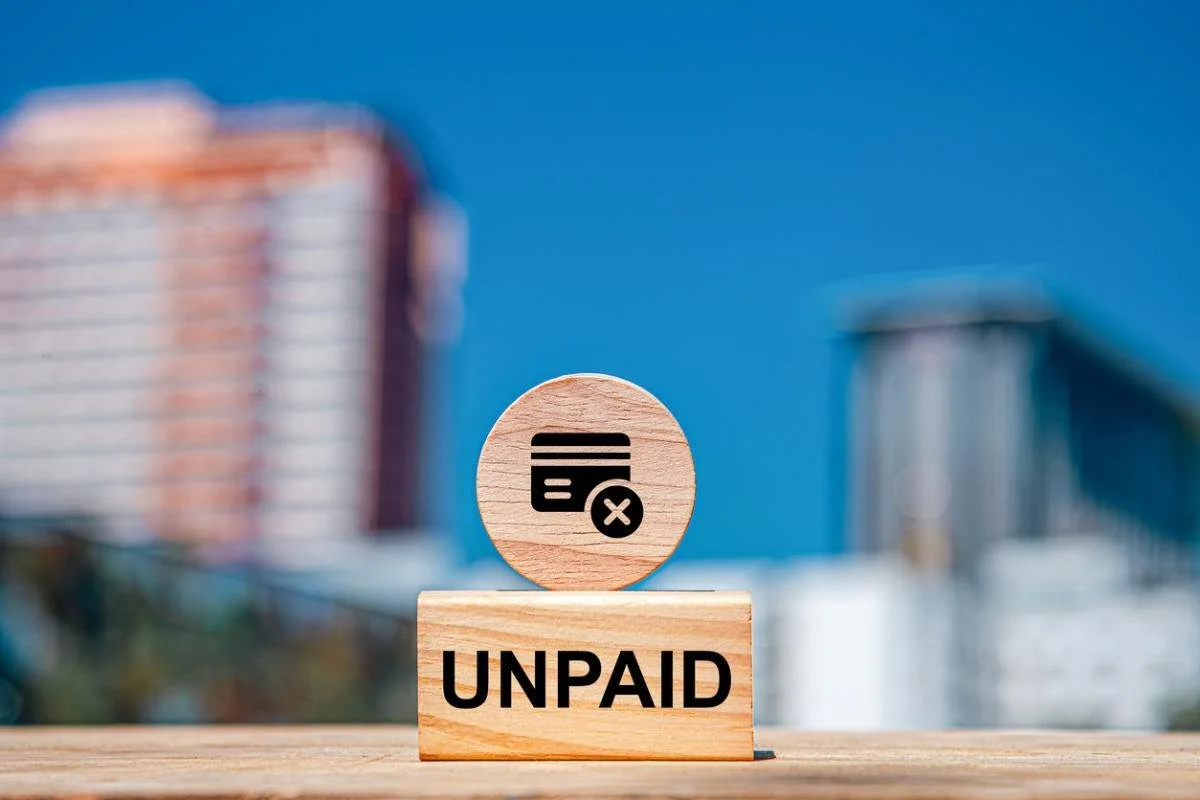$100 Million Swift Transportation Misclassification Settlement: Van Dusen v. Swift Transportation
/The trucking industry has seen some of the nation’s largest misclassification lawsuits, and Van Dusen v. Swift Transportation is no exception. After more than a decade of litigation, Swift Transportation agreed to a $100 million settlement resolving claims that it had misclassified thousands of drivers as “independent contractors” rather than employees. When examining the facts of the Van Dusen v. Swift case, the legal and financial risks employers face when sidestepping wage and hour laws through misclassification are evident.
Case: Van Dusen v. Swift Transportation
Court: U.S. District Court for the District of Arizona
Case No.: CV 10-899-PHX-JWS
More About the Plaintiff: Van Dusen v. Swift Transportation
The plaintiffs were a group of approximately 20,000 truck drivers who alleged they were misclassified as independent contractors. Lead plaintiff Van Dusen and others argued that they performed the work of employees but were denied the same legal protections, such as overtime pay, reimbursement of expenses, and minimum wage guarantees.
The Defendant: Van Dusen v. Swift Transportation
Swift Transportation is known as one of the largest trucking companies in the U.S. Swift utilizes a contractor model requiring drivers to lease their own trucks and pay for fuel, maintenance, and other business expenses directly, while still following Swift’s rules and schedules.
*Swift Transportation is now a part of Knight-Swift Transportation Holdings.
A Case of Misclassification: Van Dusen v. Swift Transportation
Filed in 2009, the Van Dusen v. Swift case quickly became one of the most fiercely contested misclassification cases in the transportation industry, with the plaintiffs alleging that Swift’s lease agreements and business practices created a form of economic coercion that trapped their drivers in unfair arrangements. Swift attempted to dismiss the lawsuit and pushed aggressively to enforce arbitration agreements, arguing that drivers had waived their rights to bring class claims in court. However, in a pivotal ruling, the courts determined that interstate truck drivers could not be compelled to arbitration under the Federal Arbitration Act.
After years of procedural battles and appeals, Swift ultimately agreed to a $100 million settlement in 2019 rather than risk a trial.
The Main Question Being Considered: Van Dusen v. Swift Transportation
At its core, the question was whether classifying drivers as “independent contractors” complied with labor law requirements. If Swift exercised enough control over the drivers’ work schedules, routes, and methods, then drivers were entitled to employee protections, including overtime and minimum wage.
Why This Case Matters: Van Dusen v. Swift Transportation
This case illustrates the high stakes of misclassification in industries where companies attempt to cut costs by calling workers “contractors.” The $100 million settlement is one of the largest of its kind and shows that:
Labels do not determine employment status; courts look at the reality of the working relationship.
Arbitration clauses cannot always shield employers from large collective actions.
Misclassification schemes can push workers’ pay below minimum wage, creating liability for unpaid wages, damages, and penalties.
For truck drivers and other workers, the settlement reinforced their right to challenge exploitative “independent contractor” arrangements.
FAQ: Van Dusen v. Swift Transportation
Q: How much did Swift Transportation agree to pay in the settlement?
A: Swift agreed to pay $100 million to resolve the lawsuit.
Q: How many drivers were affected by the lawsuit?
A: Approximately 20,000 truck drivers were part of the class action.
Q: Why were the drivers misclassified?
A: Drivers were labeled “independent contractors” but had to follow Swift’s schedules and rules, wear its branding, and rely on Swift for work—hallmarks of employee status.
Q: Could Swift have forced the case into arbitration?
A: No. Courts ruled that interstate truckers are exempt from forced arbitration under the Federal Arbitration Act, allowing the case to proceed as a class action.
Q: What lesson does this case teach workers?
A: If your employer controls your work and schedule, you may be an employee regardless of being labeled a contractor, and you may be entitled to overtime and minimum wage protections.
Misclassification Can be a costly violation
The Van Dusen v. Swift Transportation settlement illustrates the significant costs associated with misclassification for employers and the importance of workers understanding their rights.
If you suspect you’ve been misclassified or denied overtime pay, contact the experienced employment attorneys at Blumenthal Nordrehaug Bhowmik DeBlouw LLP, with offices in Los Angeles, San Diego, San Francisco, Sacramento, Riverside, and Chicago. Our team is ready to review your situation and help you fight for the wages you’ve earned.










